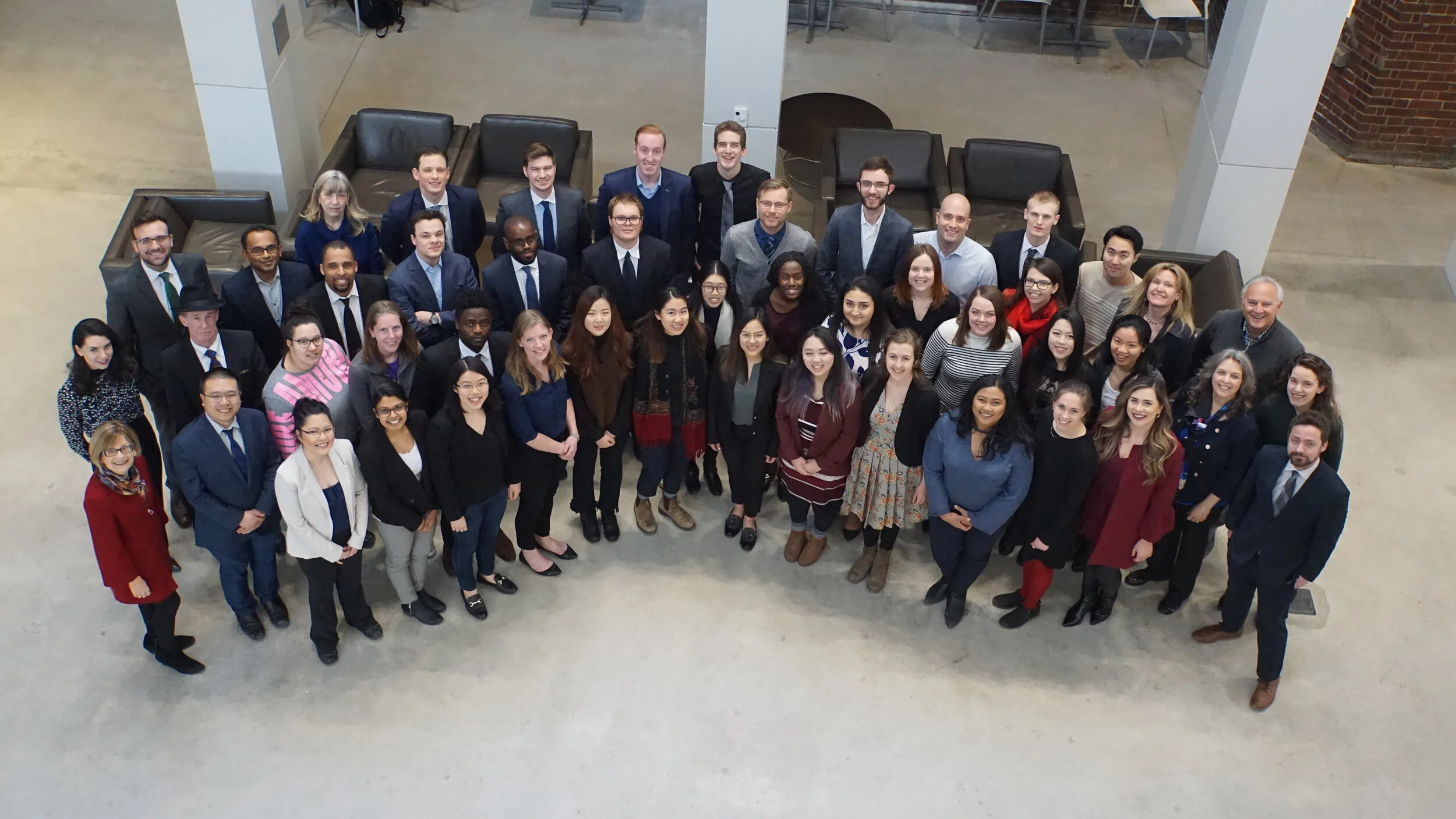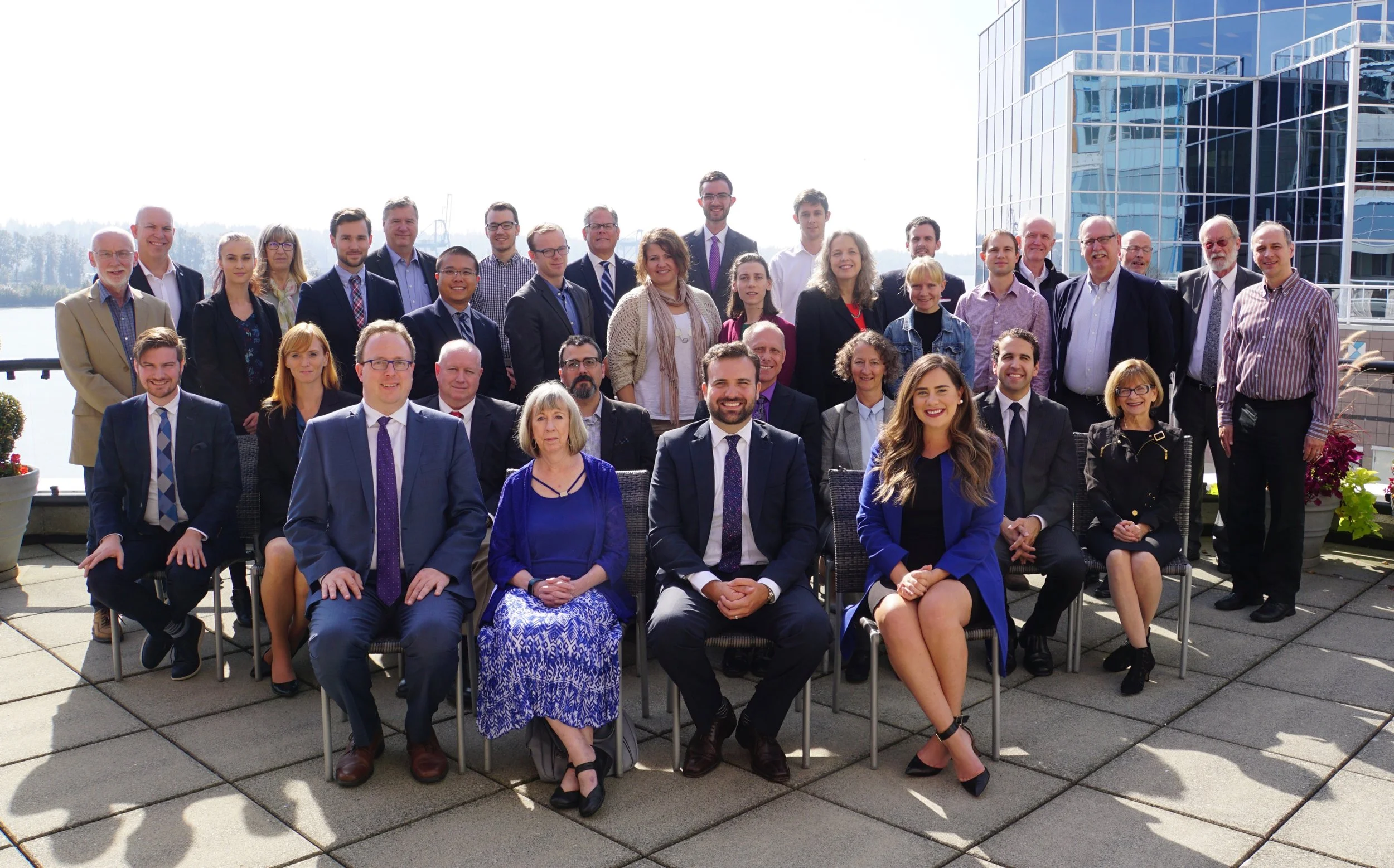Derek Ross, CLF Executive Director & General Counsel
Today marks the first-ever International Day Commemorating the Victims of Acts of Violence Based on Religion and Belief. This day of commemoration, to be held annually on August 22, was established by the United Nations by way of a General Assembly resolution earlier this year.
It is encouraging that Canada, as a member state of the UN, specifically supported this effort. In doing so, Canada reaffirmed that it has primary responsibility to “promote and protect human rights, including the human rights of persons belonging to religious minorities, including their right to exercise their religion or belief freely.” This important recognition – reflected also in our Charter’s guarantee of freedom of religion and conscience – will require vigilant action on Canada’s part, both domestically and internationally. And rightly so.
But fighting religious discrimination is not just a government task. As an NGO with special consultative status with the United Nations (ECOSOC) and an organization committed to religious freedom, Christian Legal Fellowship welcomes the designation of this International Day and its annual observation.
As the UN has noted, violence targeting religious groups and individuals is increasing, both in “number and intensity”. This confirms that our collective efforts in combating religious persecution are greatly needed … and far from over. This Day provides an important reminder not to ignore or overlook these realities. Of course, our support for religious freedom is not limited to just one day; it requires our commitment every day. And our responsibility to our persecuted brothers and sisters demands more than commemoration; it requires practical action.
But today in particular offers an opportunity to be intentionally reflective about at least three things.
The first is our need to increase awareness about the extent and nature of religious persecution around the world. Organizations like Open Doors Canada, Voice of the Martyrs Canada, One Free World International, and ADF International, among others, offer helpful resources and opportunities to support important efforts around the globe.
The second is the need to pray for victims of persecution. A recent report, commissioned by the UK Foreign Secretary and authored by the Bishop of Truro, revealed that, worldwide, “the overwhelming majority (estimated at 80 per cent) of persecuted religious believers are Christian.” This is heartbreaking. Our brothers and sisters continue to be targeted, tortured, and killed simply for believing the same things that we believe. Many other faith communities are targeted as well – all require our support, and are entitled to the same rights and protection.
The third, for Christians especially, is to consider our calling to, and need for, forgiveness. In committing ourselves to support the persecuted, we mustn’t forget the dying words of the first two Christians killed because of their faith: Jesus and Stephen. Both pleaded that their persecutors be forgiven (Acts 7:60, Luke 23:34). This is a difficult concept, the gravity of which is admittedly challenging – perhaps even impossible – to fully appreciate, especially for those of us who have not experienced persecution. But Jesus’ words were clear: “love your enemies and pray for those who persecute you” (Matthew 5:44).
We are all flawed, in need of grace and forgiveness. Just as we decry the persecution of our brothers and sisters, we recognize that persecution has also wrongly been carried out by those who have purported to be representatives of Christ.
But that is the power of Christ’s message: even though we all fall short, none of us, even those who have inflicted persecution (like the Apostle Paul himself, the self-described “worse sinner of all”), are beyond spiritual transformation and redemption. It is only this powerful, counter-intuitive, grace-steeped message that allows us to respond to hate with love – which is precisely what we are called to do.
At CLF, we continue to work with allied organizations who are combating religious persecution around the globe, through our relationships with groups like Advocates International and Religious Liberty Partnership. Many of our individual lawyer members are also engaged in international human rights work and support like-minded organizations.
We also continue to zealously advocate against religious discrimination right here in Canada, which is not immune from religious hate and violence, as demonstrated in 2017’s Quebec City mosque attack.
In its resolution designating this International Day, the UN emphasized “that freedom of religion or belief, freedom of opinion and expression, the right to peaceful assembly and the right to freedom of association are interdependent, interrelated and mutually reinforcing” and stressed “the role that these rights can play in the fight against all forms of intolerance and of discrimination based on religion or belief.”
CLF shares this sentiment, demonstrated by a long history of advocacy in the courts and public square in defending and promoting these freedoms for all. We continue to encourage new scholarship, discourse, and action around these fundamental freedoms moving forward. In many ways, however, our work is just beginning, and we recognize the need to do more.
Days like today remind us why doing so is so important.


















